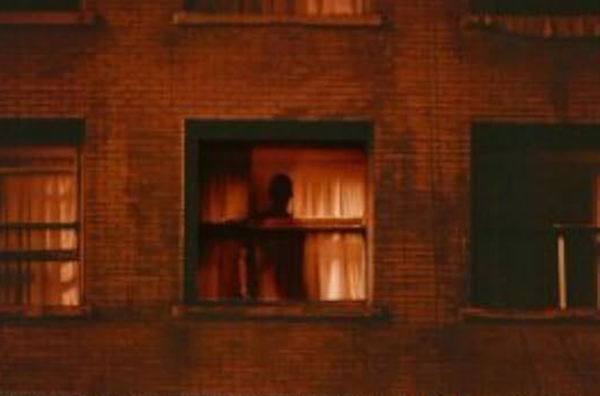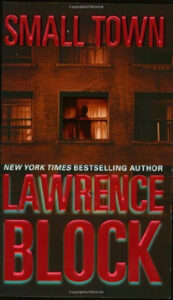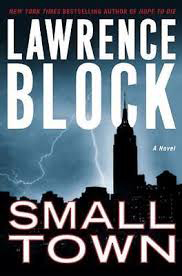Home »

Block tells a hell of a story
Book Review
By Derryll White
 Block, Lawrence (2003). Small Town.
Block, Lawrence (2003). Small Town.
Lawrence Block is very good at laying out how writing informs life. He doesn’t give away any secrets, but John Blair Creighton, author and primary character, lets his written narrative inform his live actions. It is how writing really works – I have this feeling and the character will guide the resolutions.
The real measure of Lawrence Block’s writing skill is the way he can carry so many sub-plots, have them pop up seemingly without plan, and yet the reader immediately plugs in, remembers the details and pulls it all together. Not too many writers have that skill. At the end of this large story Block assembles all the characters for final updates, and the reader will definitely remember each and every one without difficulty.
‘Small Town’ is wide-ranging, moving from the shock of 9/11 to politics and back to the intimacy of individual lives. All-in-all Block tells a hell of a story and the reader is left knowing why people wear the “I Love New York” t-shirts.
********
Excerpts from the novel:
 A REASON: “He was bringing things home for a reason, to use them in what he was making. But we didn’t know that until one day he showed my mom what he was working on, and that made it better. The junk-picking and all.”
A REASON: “He was bringing things home for a reason, to use them in what he was making. But we didn’t know that until one day he showed my mom what he was working on, and that made it better. The junk-picking and all.”
“Because he had a reason.”
“Right, and so it wasn’t so crazy.”
MAYORS: He’d increase the budgets for the Parks Department and the library. He’d keep support for the arts a priority, but he’d hold off telling a museum curator what to hang on his walls. All in all, he’d be guided by the principal that a city had to serve its citizenry, guaranteeing their personal security and wellbeing while providing the most supportive framework possible for their growth and self-realization.
CELL PHONES: Buckram bought a couple of sandwiches at a deli, got a can of Heineken to go with them, and had lunch on a bench in Central Park. The beer made the enterprise technically illegal, in that he was consuming an alcoholic beverage in the park. Striking a blow for freedom, he told himself, and enjoyed his meal.
He was eating al fresco so he could make a phone call, and he’d always felt the use of cell phones in restaurants was an infinitely greater evil than, say, drinking a beer in public.
 – Derryll White once wrote books but now chooses to read and write about them. When not reading he writes history for the web at www.basininstitute.org.
– Derryll White once wrote books but now chooses to read and write about them. When not reading he writes history for the web at www.basininstitute.org.







